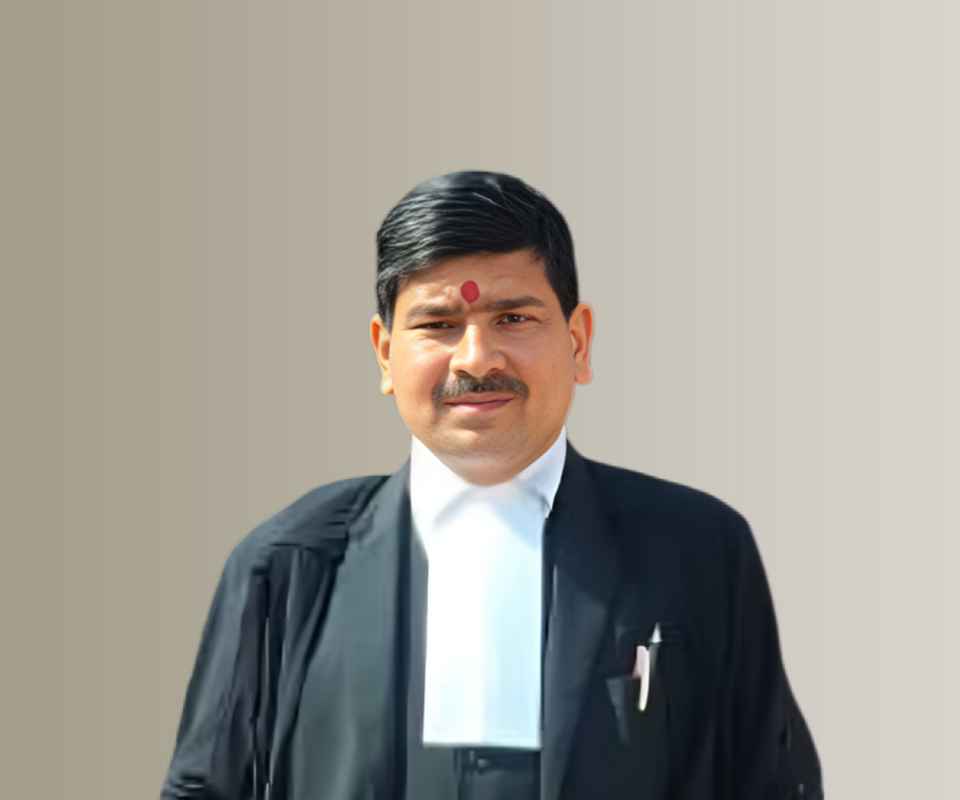Answer By law4u team
1. Nature of Disputes: - Disputes may arise between states over the place of supply, apportionment of revenue, or sharing of GST collected. - Conflicts can also occur between the central government and state governments over interpretation of GST laws. 2. Resolution Mechanism Under GST Act: - The GST Council is the primary body responsible for resolving disputes related to GST. - It includes representatives from the central government and all state governments. 3. Dispute Resolution Committee (DRC): - Established under the GST Act to specifically handle disputes between states. - The committee aims to resolve issues amicably before they escalate to litigation. 4. Adjudication by GST Council: - The GST Council may constitute a mechanism or framework for resolving inter-state disputes. - It tries to achieve consensus through discussions and recommendations. 5. Judicial Intervention: - If the GST Council fails to resolve the dispute, states can approach the Supreme Court under Article 131 of the Indian Constitution. - The Supreme Court has original jurisdiction over disputes between states or between the Centre and states. 6. Examples of Disputes: - Disagreement over place of supply concerning goods and services provided across state borders. - Issues related to Integrated GST (IGST) distribution between states.









